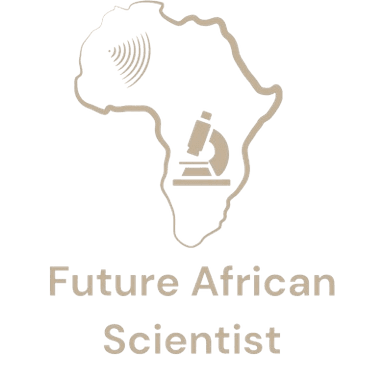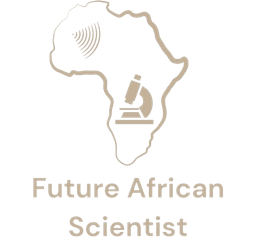Future African Scientist: Good Scientific Practice Workshop 2024
Fri Jul 05 2024
Future African Scientist
The Future African Scientist Good Scientific Practice Workshop 2024, held virtually over two days, brought together over 30 young scientists from eight African countries. This dynamic event was led by Dr. Barbara Steigenberger, Head of the Mass Spectrometry Facility at the Max Planck Institute (MPI) of Biochemistry, and Dr. Martin Spitaler, Head of the Imaging Facility at MPI of Biochemistry. Hosted by the Ombudsteam for Good Scientific Practice from the Max Planck Institute of Biochemistry in Munich, Germany, the workshop was an enriching experience focused on fostering the principles and values of good scientific practice among budding African researchers.

The Importance of Trust and Good Scientific Practice
Trust is a cornerstone of scientific progress. According to the Ipsos Global Trustworthiness Index 2021, scientists are rated as trustworthy by 61% of people, placing them second only to doctors. This trust is crucial, especially in light of concerns about non-reproducibility in biomedical research, which could cost up to $28 billion per year due to irreproducible studies. For young African scientists, understanding and implementing good scientific practices is vital not only for their personal careers but also for maintaining the integrity and trustworthiness of science globally.
Why Good Scientific Practice Matters
Good scientific practice is essential for several reasons:
- Integrity: Upholding ethical standards ensures that scientific work is credible and respected.
- Reproducibility: Reliable and reproducible research is fundamental to scientific advancement and innovation.
- Trust: Maintaining public trust in science is critical, especially in an era where misinformation can spread rapidly.
For young African scientists, mastering these principles helps them contribute meaningfully to the global scientific community and addresses unique regional challenges.
Workshop Highlights
The workshop covered a comprehensive curriculum designed to instill a robust understanding of scientific principles and practices:
- Introduction to Science: Exploring the definition of science and its impact on society.
- Science & Society: Discussing historical successes and the general trust in science.
- Potential Problems in Science: Identifying common issues and pitfalls in scientific research.
- Principles and Values of Good Scientific Practice: Emphasizing ethical standards and integrity.
- The Scientific Method: Understanding the process from observations to natural laws, the importance of falsification, and the value of negative results.
- Limits of the Scientific Method: Recognizing biases, real-world implications, and the need for responsible research.
- Bad Scientific Practice: Highlighting frequent problems and how to avoid them.
- Documentation and Data Management: Covering lab books, electronic lab notebooks, types of data, and the importance of proper data handling, storage, and backup.
- Publication and Open Data: Understanding the publication process, achieving high-quality publications, and the role of artificial intelligence in fraud detection.
Inspiring Future Leaders in Science
Dr. Martin Spitaler concluded the workshop with an encouraging message, urging participants to aspire to become leading icons in science. He emphasized the importance of their future contributions to shaping the global scientific landscape.
By equipping young African scientists with the tools and knowledge to practice good science, the Future African Scientist Good Scientific Practice Workshop 2024 aims to nurture a new generation of researchers who will uphold the highest standards of scientific integrity and contribute to the advancement of science worldwide.
Tags

Future African Scientist is a non-profit organization that equips early-career scientists and undergraduate students with the advanced research skills, infrastructure, and networks they need to translate research findings into products, policies, and practices.
Contact Us
futureafricanscientist@gmail.com
+1(858)335-3902 / +256783370759
600 Main Street
Cambridge MA 02139.
Future African Scientist © 2024 All Rights Reserved
